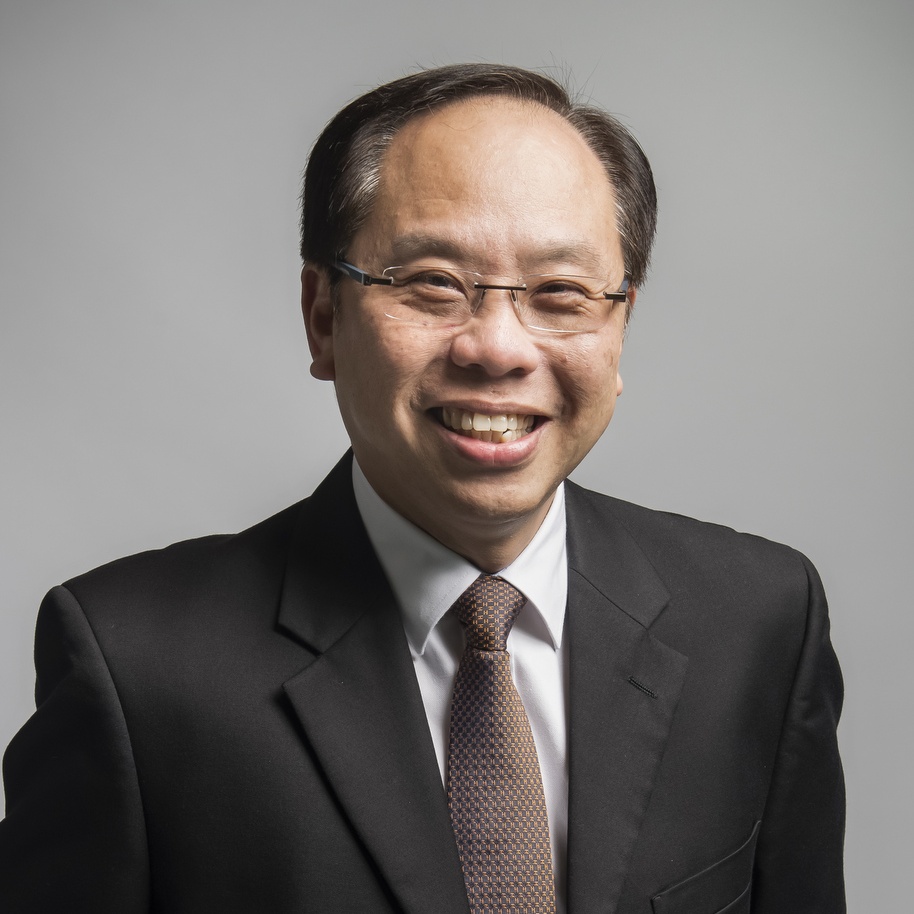Future-proofing skills critical as new workforce dynamics emerge

At a time when organisations are increasingly embracing technology and accelerating their digital transformation, an emerging group of the workforce is helping to propel organisations into the digital era.
Gen Z-ers, many of whom are new entrants into the workforce, bring with them a technology-first mentality, and are digital natives who have advanced technology and data science skills, suggested Eric Goh, vice-president and managing director, Singapore, Dell Technologies.
Speaking to HRM Asia, he added, “Gen Z-ers see technology not only as a tool for enabling human progress but also as a means for levelling the information empowerment playing field.
“Organisations can harness Gen Z-ers’ confidence in their technical skills and readiness to put technology at the heart of innovation to open up new opportunities at the workplace.”
For example, organisations can create tech mentorships at the workplace to reduce the digital divide. They can also leverage on Gen Zers’ strong interest in social and environmental responsibility to promote social good and, diversity and inclusion initiatives.
With an increasing core of Gen Zers at the heart of the organisation, companies in the APEJ region can then more effectively harness technology to define how they operate, said Goh. “We’ve seen this with the arrival of the digitally-savvy Gen Z-ers and the impact of the pandemic, which has consolidated years of digital transformation efforts into a few months.”
Organisations today, he added, not only need to unify the strengths of a multi-generational workforce, but also need to cultivate a collective mindset in all employees that digital skills are a crucial requirement.
“The good news is that Gen Z-ers are open to sharing their digital knowledge,” Goh continued. “Our research suggests that Gen Z-ers wants to use technology to do work that can help others or the environment.
“Gen Z-ers’ source of information for new skills also reveal a need for human interaction and the ability to collaborate, discuss and opine. They seek in-depth insight, more likely to be gleaned from asking a respected source, and someone with more experience.”
Upskilling in the digital age
As the pace of digitalisation continues to pick up, a number of emerging technologies will increasingly have a role to play, albeit not necessary at the expense of human employees.
Goh explained, “Fluency in emerging technologies such as AI will complement and augment human capabilities rather than replace them. AI-fluent workers will use their skills to manage workflows, accomplish tasks and make sense of all the data we collect.”
They may also be tasked with a more supervisory role to address unforeseen problems that may arise as robotics and AI take over more predictable tasks, and will be expected to use AI tools to innovate and reform products and procedures, Goh pointed out.
Besides hard skills, he believes that some of the most sought-after attributes in employees that organisations will be looking for include, adaptability, growth mindset, collaboration, emotional intelligence and creative thinking skills.
Goh continues, “As the world of work changes, the most important asset and wisest investment to have in one’s career portfolio is skills. I believe that we each need a career portfolio that creates growth, balance and security.
“At Dell Technologies, we encourage team members to think about skills as ‘currency’ in the modern-day career portfolio. This means that team members need to evolve from a lattice mindset that sees career as role-focused, to a skill-based mindset.”
Demonstrating workforce flexibility
At Dell Technologies, the Connected Workplace programme allows employees to choose the work styles that best fulfill their needs on-the-job and in life, leading to a flexible working environment that has lasted a decade.
This made the company’s decision in March to move almost their entire workforce to work from home an easy transition, as Goh reflected. “About 65% of our team members were already leveraging our flexible work policy, and approximately 30% were working remotely on any given day. We value our culture that puts a premium on flexibility, innovation, opportunity and sustainability.”
And it is the ability to demonstrate flexibility that will serve organisations well as they adapt to a new normal, which is unlikely to see an absolute return to how we used to work, Goh said. “Companies need to embrace new ways of working by strengthening their policies and provisions to ensure employee experience and a motivated workforce in a virtual domain.”
Highlighting how moving online does not mean less emphasis should be placed on employee communication or engagement, he cited how Dell Technologies is working towards creative ways of onboarding new team members in a virtual setting.
With the company’s Singapore team moving operations online just before the commencement of a summer internship programme, backend teams made sure that the appropriate set of tools (laptops, headsets, mouse, additional screens) were delivered to the interns’ home address before their first day, to ensure minimal disruption.
To make the experience as fruitful as possible, virtual welcome boot camps were also organised for new joiners, and a dedicated training session on how to deal with 100% remote work was hosted.
Goh concluded, “We always believe that work is outcomes-based, and not anchored to a specific place or time. This transition has proven the strength of our flexible work policies and the success in how we’ve quickly adapted to the changing circumstances while further reinventing and redefining the way we work to maintain high levels of engagement and productivity.”



